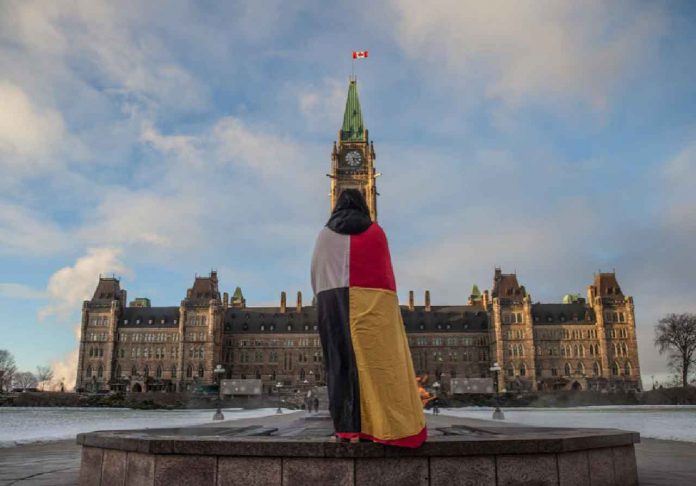Indigenous Guardians are the “eyes and ears on the ground” in Indigenous territories, and a unique example of reconciliation in action. They monitor ecological health, maintain cultural sites, and protect sensitive areas and species. Guardians’ initiatives support Indigenous peoples in protecting land, water, and ice in their traditional territories through on-the-ground, community-based, stewardship initiatives. Indigenous Guardians also promote social and community well-being through connections to the land, culture, and language.
“This is the first of its kind in the world, and it’s fitting to mark Canada’s investment in the network at the COP15Biodiversity Summit. Indigenous peoples are proven stewards of biodiversity, and Indigenous Guardians are on the ground caring for land and water we all depend on. With these investments, Canada is offering a model for respecting and supporting the Indigenous-led stewardship—a model we hope spreads around the world,” says Valérie Courtois, Director of the Indigenous Leadership Initiative.
The new First Nations National Guardians Network was jointly announced by the Honourable Steven Guilbeault, Minister of Environment and Climate Change, and Valérie Courtois, the Director of the Indigenous Leadership Initiative.
This new First Nations National Guardians Network will expand and support individual First Nations Guardians initiatives from coast to coast to coast. The network will connect First Nations Guardians initiatives across the country, so that Guardians can do more together than on their own. This Network will enable a Nation-based model of self-determination and a Nation-to-Nation-based model of reconciliation and partnership for responsible land and marine stewardship.
Since 2018, over 170 Guardians initiatives have been supported and have contributed to the development of capacity and employment in Indigenous communities across the country. This includes the Ndakina Guardians initiative, which supports conservation, research, education, and outreach activities that involve and reconnect Indigenous community members to their Territory in Wôlinak, Quebec.
In the spirit of reconciliation, the Government of Canada is committed to supporting the leadership of Indigenous peoples to help conserve ecosystems, protect Indigenous cultures, and develop sustainable economies for future generations. Fighting the twin crises of climate change and biodiversity loss requires collective effort and systemic change in the ways we interact with nature. This change must include respect for Indigenous Knowledge and Indigenous Science, derived from First Nations, Inuit, and Métis experience as caretakers of land, water, and ice.
Countries from around the world are in Montréal, Quebec, for the 15th United Nation’s Convention on Biological Diversity (COP15), where Canada continues to demonstrate a leadership role on biodiversity and nature conservation. Along with international partners, Canada is championing both the development of an ambitious post-2020 Global Biodiversity Framework with clear targets and actions, as well as the important role Indigenous Knowledge plays in efforts to conserve and protect biodiversity and natural environments at home, and around the world.
“The support, growth, and development of the Indigenous Guardians initiative for the past several years has been a key pillar of the Government of Canada’s conservation ambitions. The new First Nations Guardians Network will allow for further autonomy for First Nations in managing their traditional land and water. In the spirit of reconciliation, the Government of Canada is committed to supporting Indigenous leadership in conservation. Programs such as Indigenous Guardians are crucial to protecting ecosystems, species, and cultures for future generations,” states Steven Guilbeault, Minister of Environment and Climate Change.






